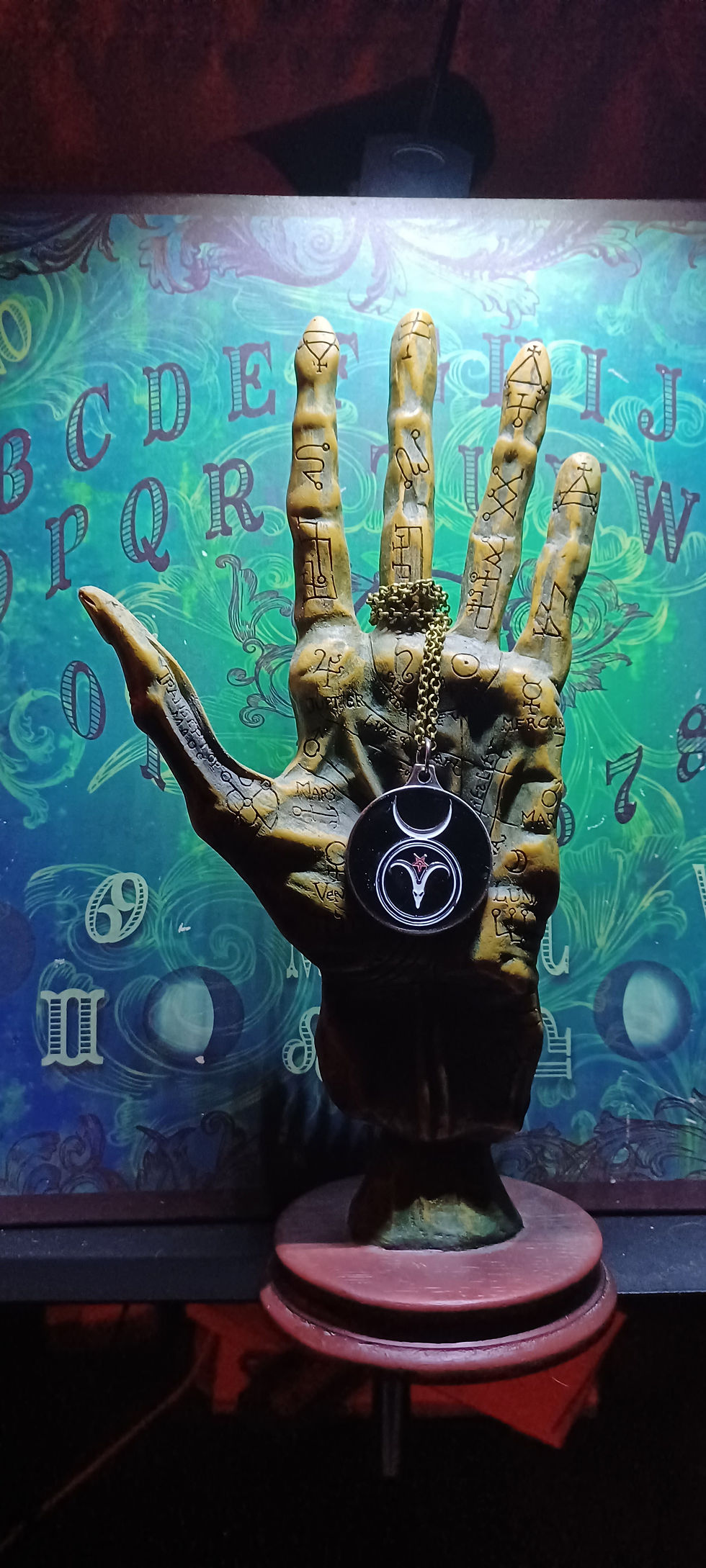FAILED MESSIAH MOVEMENT
- Etu Malku

- May 23, 2024
- 3 min read
Updated: Apr 14

By the first century C.E., the people of Judea were suffocating under Roman occupation, desperate for liberation. What they sought was not a philosopher or a teacher, but a messiah: a strong, commanding figure who could break the chains of foreign rule and restore the sovereignty of Israel. Among the various Jewish sects of the time—the Pharisees, Sadducees, and especially the apocalyptic Essenes—there grew a burning expectation for this redeemer.
But what qualified someone as the Messiah? According to Judaic tradition, the candidate had to be a direct descendant of King David. The mythos of David’s eternal dynasty, first emerging during his reign in the 10th century B.C.E., proclaimed that his lineage would rule “forever, not only over Israel but also over all the nations.” This idea was both political and eschatological: it married bloodline with destiny.
In the vacuum following the death of Herod the Great—a Roman-appointed king despised by many Jews—numerous charismatic figures arose, claiming the messianic mantle. These men were more than rebels; they were symbols of hope for a people whose god seemed to have gone silent.
One of the first to emerge was Simon of Perea, a former slave in Herod’s court. After Herod's death, Simon declared himself king of the Jews and messiah of YHWH. His rebellion was short-lived. Roman forces beheaded him in 4 B.C.E., extinguishing his claim and scattering his followers.
Then came Anthronges, another militant messiah who led a fierce guerrilla campaign against the Romans. Though initially successful, he too fell, crushed by the might of the empire.
And then came Yeshua of Nazareth.
Unlike his predecessors, Yeshua proclaimed himself the Messiah, but offered no political strategy or military resistance. He preached peace, humility, and inner transformation—noble ideals, yet entirely mismatched with the Jewish expectations of the time. If King David had met Yeshua, he likely would have scoffed at the Nazarene’s refusal to take up arms. This was no king. This was no deliverer. He would never lead a campaign or liberate a nation.
New Testament scholar Bart Ehrman puts it bluntly:
“To call Jesus the messiah was for most Jews completely ludicrous. Jesus was not the powerful leader of the Jews. He was a weak and powerless nobody—executed in the most humiliating and painful way devised by the Romans, the ones with the real power.”
Yet history chose to remember Yeshua, while it forgot the dozen other messiahs who rose and fell after him.
There was Theudas in 58 C.E., who led a group of followers to the Jordan claiming he would part its waters like Moses. He was beheaded.Menachem ben Judah, descendant of Hezekiah, launched a revolt and was slain.Simon ben Kosevah—called Bar Kokhba—was hailed by Rabbi Akiva himself as the true Messiah, only to be killed during the catastrophic Bar Kokhba revolt.Others followed: Moses of Crete, Abu Isa, al-Ra’i (“The Shepherd of the Flock of His People”), Saüra the Syrian... All claimed divine appointment. All died violently. None brought salvation.
So where is the true Jewish messiah?
The answer, historically speaking, is nowhere. Every messianic figure—Jesus included—failed. They were defeated, executed, or erased from memory. The Abrahamic faiths, particularly Christianity, selectively remember one of them not because he fulfilled the messianic prophecies, but because his death was repurposed to fit a new spiritual paradigm. A suffering messiah. A messiah who rules not through conquest, but martyrdom.
But let us ask honestly: Would any Jew of the first century have accepted a crucified man as their king? The very thought would have been offensive.
This long line of failed messiahs reflects more than political miscalculation; it reveals something profound about the human condition. In times of collapse, we reach for saviors. We long for divine kings to descend and restore order. Yet again and again, these messiahs fall. They bleed. They die. And the people are left, once more, to wait.
Perhaps it is time to admit what history has already proven: that no external savior is coming. That no bloodline carries divine authority. That salvation—if it is to be found—must be forged from within.
How many failed messiahs must fall before we understand that the only true redeemer is the self-deified soul?


